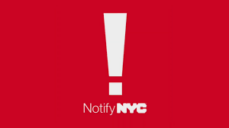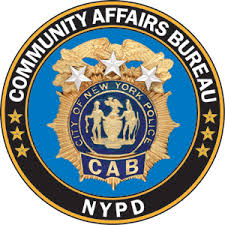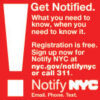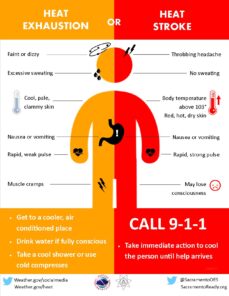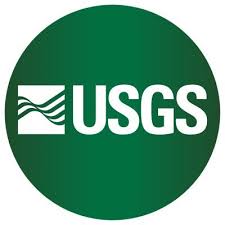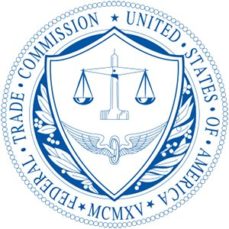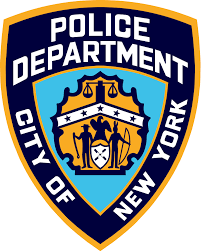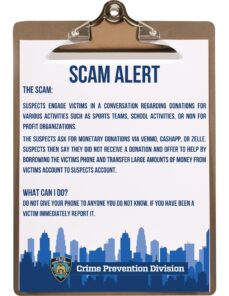Notification issued 05-21-2025 at 12:11 PM.
In support of Fleet Week, a flight of 8 military F-18 aircraft will be conducting a flyover along the Hudson River at 10:00 AM on Thursday, May 22nd. The aircraft will fly at approximately 1,500 to 2,500 Feet.


